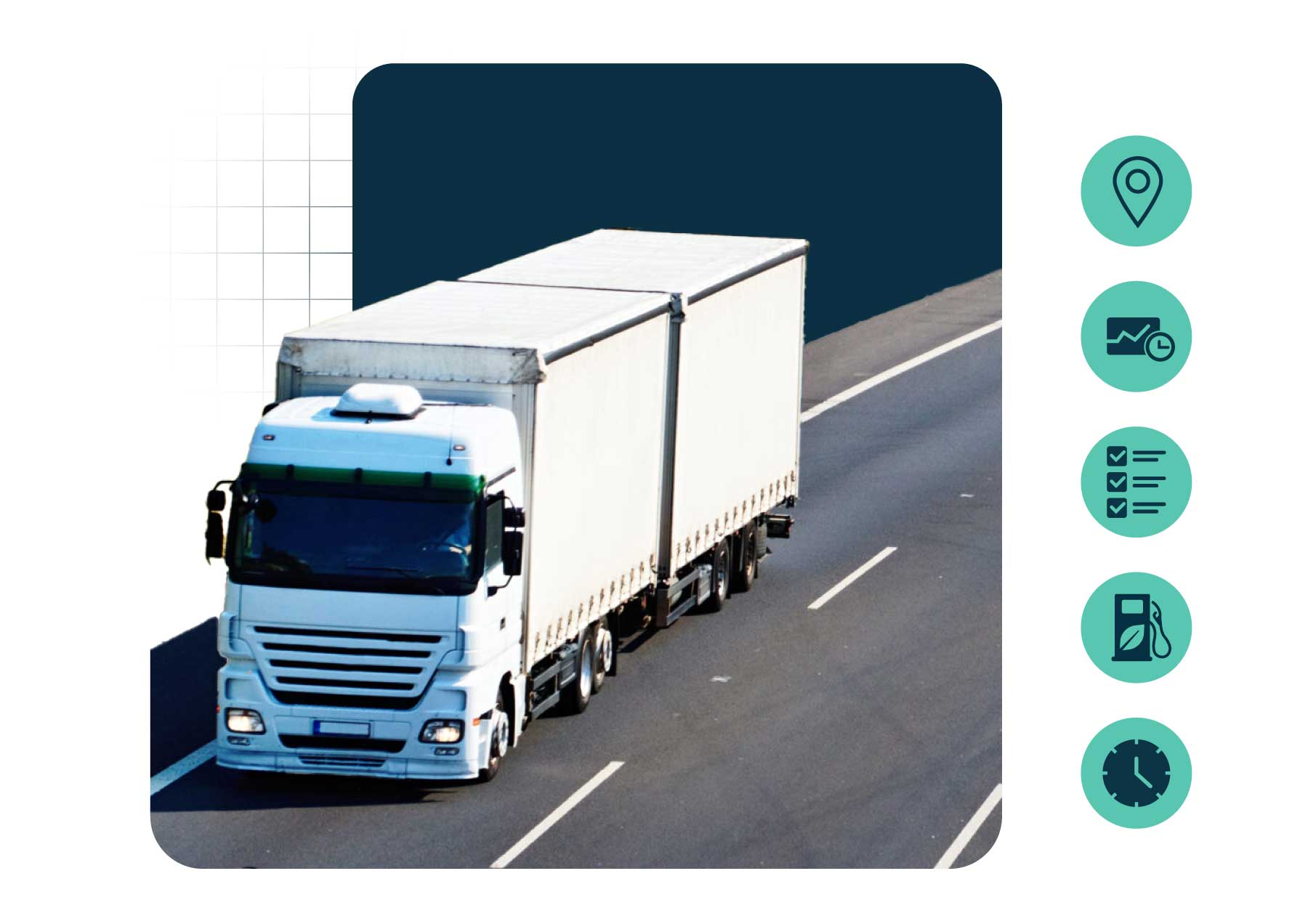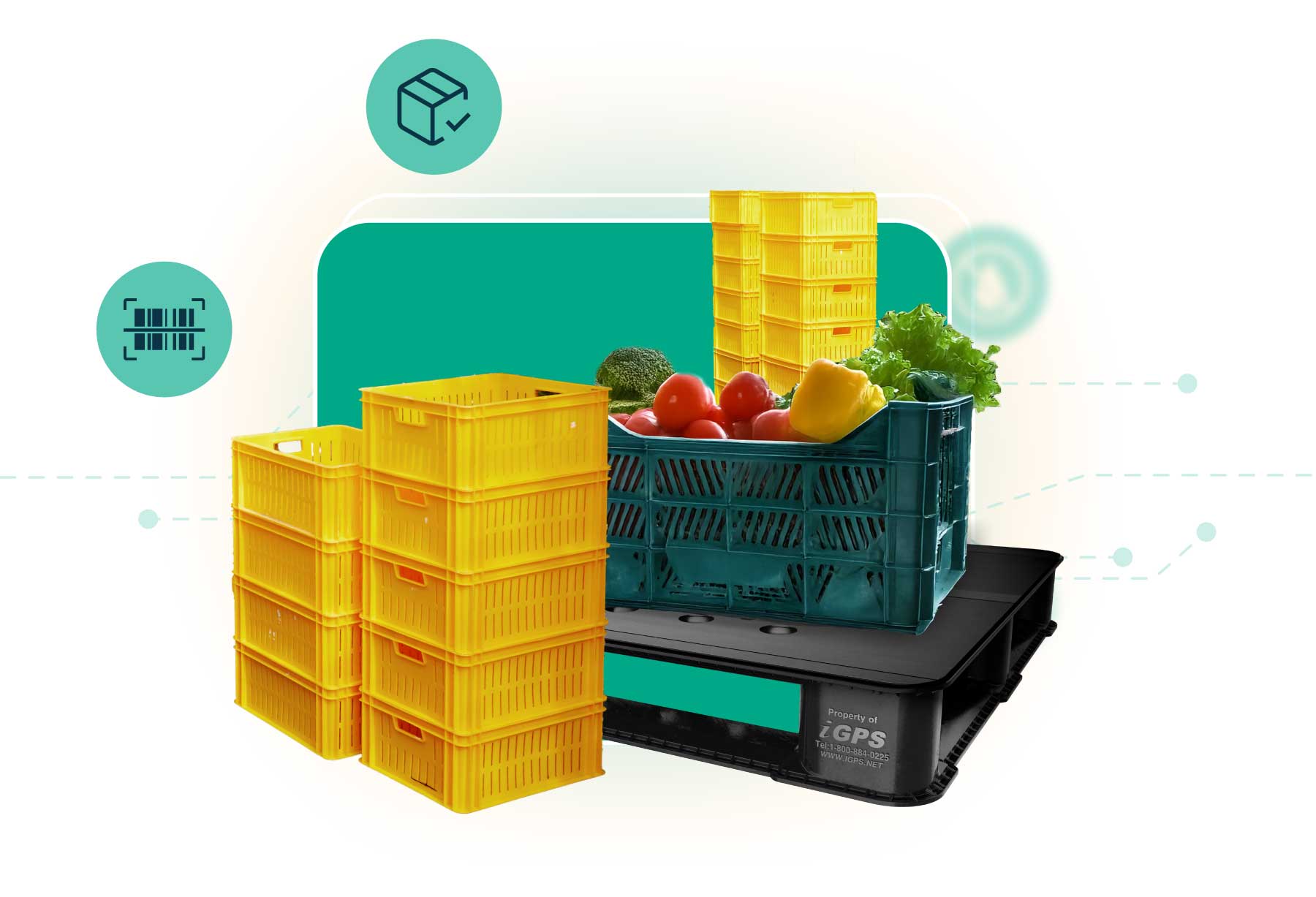Key Takeaways
- As businesses expand internationally, compliance with value-added tax, or VAT, is crucial.
- VAT is a consumption tax applied at each state of the production and distribution product at which value is added to goods and services.
- The cost is ultimately paid by the end consumer but collected and remitted by businesses across the supply chain.
- VAT compliance refers to the full spectrum of activities necessary to register, maintain records, and perform other necessary compliance functions.
- Companies that fail to comply with VAT risk financial losses, delays, and reputational risks.
- Researching VAT rules in advance and maintaining proper record-keeping protocols are among the ways in which enterprises can remain compliant with VAT obligations.
As an enterprise grows, operating across international borders is an essential component of business expansion. But with global operations comes a potentially challenging quagmire of regulatory obligations, and among the most complex is value-added tax, or VAT. For supply chain leaders, proper VAT compliance is a critical aspect of fiscal performance, operational efficiency, and legal and regulatory risk management.
What is Value-Added Tax (VAT)?
Value-added tax (VAT) is a consumption tax applied at each stage of the production and distribution process at which some type of value is added to a good or service. The cost is ultimately paid by the end consumer, but it is collected and remitted by businesses throughout the continuum of the supply chain.
The multi-stage collection mechanism of VAT makes it distinct from traditional sales tax. Each business entity across the supply chain charges VAT on its sales (output VAT) and can recover the VAT it has paid on its purchases (input VAT). This system prevents a cascading “tax on tax” effect and ensures that the ultimate burden rests with the final consumer.
More than 160 countries employ VAT in some shape or form, but no two VAT implementations are exactly the same. Rates, thresholds, exemptions, and other requirements can vary from country to country, which can make compliance tricky for businesses with worldwide operations.
What is VAT Compliance?
VAT compliance refers to the full range of business activities required to meet legal obligations under national VAT systems. At a minimum, this typically includes:
- Registering for VAT in jurisdictions where taxable activity occurs
- Charging the correct VAT rates on sales
- Issuing compliant and valid invoices
- Submitting accurate VAT returns on time
- Paying VAT owed and claiming credits where applicable
- Maintaining records of VAT transactions for audit purposes
In practice, VAT compliance goes beyond filing tax returns; it involves integrating tax rules into supply chain operations, ensuring that technology platforms can effectively manage jurisdiction-specific requirements, and staying abreast of regulatory changes that can impact rates or documentation rules.
For multinational businesses, the complexity of maintaining successful compliance increases exponentially. A misstep in one region has the potential to create liabilities that ripple across an entire operation.
Why VAT Compliance Matters in Global Expansion
As companies scale into new international markets, VAT compliance swiftly becomes a crucial pillar of business strategy. A common misperception is that tax issues can be dealt with down the road, once the supply chain is successfully up and running. But in reality, VAT compliance must be baked into expansion plans from the outset.
For example, when an enterprise fails to register for VAT in time, it may find itself unable to reclaim input VAT — which essentially adds an unnecessary cost layer. Another common consequence of non-compliance are customs delays, especially when goods arrive without the correct VAT documentation or registrations in place. This can result in stalled shipments, unsatisfied customers, and supply chains grinding to a halt.
VAT can also materially impact cash flow. Incorrect filings or late submissions may lead to withheld refunds or increased working capital needs, whereas well-managed VAT processes can support healthy cash flow through the timely recovery of input tax.
VAT compliance also affects a company’s reputation. Government officials are increasingly scrutinizing cross-border transactions, and a record of non-compliance can make it more difficult to navigate audits or address regulatory inquiries when they arise.
Penalties for VAT Non-Compliance
The costs of non-compliance with VAT rules can be significant. Countries will typically impose financial penalties for errors, late filings, or non-payment of VAT. These may take the shape of fines, percentages levied on unpaid taxes, or even daily penalties until the issue is satisfactorily resolved.
Consequences that businesses may face include:
- Fines and interest charges for late or incorrect VAT returns
- Denial of input VAT credits, which increases the overall tax burden
- Customs holds or delays for goods entering or leaving a port
- Regulatory audits or investigations that consume time and resources
- Criminal prosecution in extreme cases, typically involving intentional fraud or evasion
Even a minor error, such as issuing an invoice without the correct VAT registration number, has the potential to result in denied credits or audit flags. The cumulative effect of such missteps can severely impact profitability, operational efficiency, and reputation.
How to Ensure VAT Compliance When Expanding Abroad
Navigating VAT requirements in new markets requires diligent planning, solid expertise, and collaborative, cross-functional coordination. Supply chain leaders can take a number of proactive steps to remain compliant:
- Research VAT requirements in advance. Before entering a new market, establish familiarity with the local rules. When is VAT registration mandatory? What documentation is required? Are there industry-specific regulations to be mindful of?
- Integrate VAT into existing supply chain processes. This means ensuring that procurement, sales, logistics, and finance teams all understand how their roles may impact VAT reporting and compliance.
- Use compliant invoicing and accounting systems. Modern ERP systems are typically configured to support local VAT requirements — from applying the correct rates, to producing audit-ready records.
- Establish clear record-keeping protocols. Maintain organized, thorough records of all VAT-relevant transactions. This includes invoices, shipping documents, contracts, and payment receipts.
- Partner with local tax advisors. Aligning with regional experts who understand the nuances of local tax laws can mean the difference between seamless operations and unexpected penalties.
- Monitor ongoing regulatory changes. VAT rules shift frequently, especially in emerging markets or regions with political instability. Assign responsibility for tracking these evolving updates and adjusting internal processes accordingly.
VAT compliance isn’t just a matter of minimizing risks and avoiding penalties; it’s a matter of unlocking enhanced efficiency and scalability as a business expands across borders.
Differences Between VAT, GST, and Sales Tax
While VAT, GST (Goods and Services Tax), and sales tax are all forms of consumption tax, they differ in terms of structure and application.
VAT and GST are similar in that both are multi-stage taxes applied at each phase of production and distribution. Businesses are able to claim credits for taxes paid on inputs, and the tax is ultimately paid by the consumer. The key difference is primarily one of geography and terminology: “VAT” is used across Europe, Africa, and many Asian countries, while “GST” is the preferred term in countries that include Canada, Australia, and India.
Sales tax, on the other hand, is usually levied just once, at the point of final sale to the consumer. It is common across the United States, where each state sets its own tax rules and rates. Unlike VAT or GST, businesses in a sales tax environment often cannot reclaim tax paid on purchases, which can create hidden tax costs throughout the supply chain.
For companies operating internationally, these distinctions are more than merely academic; they affect how systems are configured, how cash flow is managed, and how tax compliance responsibilities are assigned.
Ultimately, VAT compliance is not simply a back-office obligation — it is an imminent frontline concern for proactive, forward-thinking supply chain leaders. Getting VAT compliance right ensures that goods move freely, that costs stay under control, and that impeccable business reputations remain intact. Getting it wrong, on the other hand, can invite damaging delays, penalties, and financial losses.
For businesses engaged in global growth, VAT compliance is best viewed as a strategic capability. When tax, logistics, finance, and legal teams work together collaboratively, and with an eye toward VAT compliance, companies can build supply chains that are not only efficient, but resilient — even in the face of complex and ever-changing regulatory demands.
Frequently Asked Questions
What is VAT in the supply chain?
VAT, or value-added tax, in the supply chain is a consumption tax applied incrementally at each stage of production and distribution where value is added to a good or service. Businesses collect VAT on sales, pay VAT on purchases, and remit the difference to tax authorities, ensuring proper tax flow throughout the supply chain.
Who pays VAT tax?
Although businesses collect and remit VAT, the end consumer ultimately pays the tax. Each company in the supply chain adds VAT to the price of goods or services, but they typically reclaim what they paid on inputs, passing the full tax burden down the line until it reaches the final buyer.
How is VAT enforced?
VAT is enforced by national tax authorities through registration requirements, periodic filings, invoice rules, and audits. Companies must comply with local regulations by charging the correct rates, maintaining records, and submitting returns. Non-compliance can trigger penalties, audits, and even legal action, especially in cross-border or high-value transactions.
Companies striving to optimize their supply chain operations and control costs depend on durable, lightweight iGPS plastic pallets for all their shipping needs. For more information, contact us at 1-800-884-0225, email a specialist at switch@igps.net, or visit our contact page.



